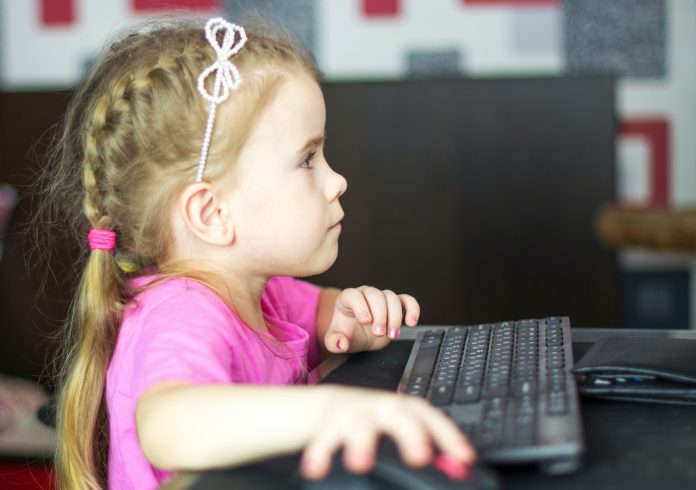Routine exposure to digital sources of English improves English language learning in Icelandic children without compromising their mother tongue development, according to research from the University of Iceland.
English is increasingly seen to dominate digital media globally, from TV to social media and gaming, and Icelandic education professionals are not alone in their concerns over the impact of children’s familiarity with English on the development of their mother tongue.
Sigurjonsdottir and Nowenstein sought to address concerns over the preservation of the Icelandic language by assessing whether children’s exposure to English was associated with reduced Icelandic vocabulary and grammar in their test scores.
The study had two parts. First, 724 3-12-year-old Icelandic children answered an online survey (with parental assistance) on their Icelandic vs English language acquisition, as well as questions testing their grammar and receptive vocabulary. Testing included questions looking for evidence of transfer from English language usage to Icelandic, indicating that exposure to English might be interfering with proper use of children’s L1.
In the second part of the study, a stratified random sample of 106 children and parents were interviewed and tested in more depth. This gave more detailed information, as well as more extensive vocabulary and grammar testing.
The proportion of overall language exposure averaged just 14%, although this varied from 0-52%. The type of exposure changed across age groups and overall exposure increased with age. At 3-7, exposure to English was mainly via the internet, such as YouTube, but from 8-12 this expanded to movies and social media as well.
Time spent on English media did not, however, lead to less input in Icelandic and children with more English vocabulary also had more Icelandic vocabulary. The influence of English exposure on children’s Icelandic grammar suggested only a few small influences, for example, on the use of the subjunctive but no larger, overall effects. So, although Icelandic children are increasingly exposed to English, this does not appear to be at the expense of their linguistic skills in Icelandic.
REFERENCE
- Sigurjonsdottir, S. and Nowenstein, I. (2021), ‘Language acquisition in thedigitalage:L2Englishinputeffects on children’s L1 Icelandic’, Second Language Research https://doi.org/ 10.1177/02676583211005505







